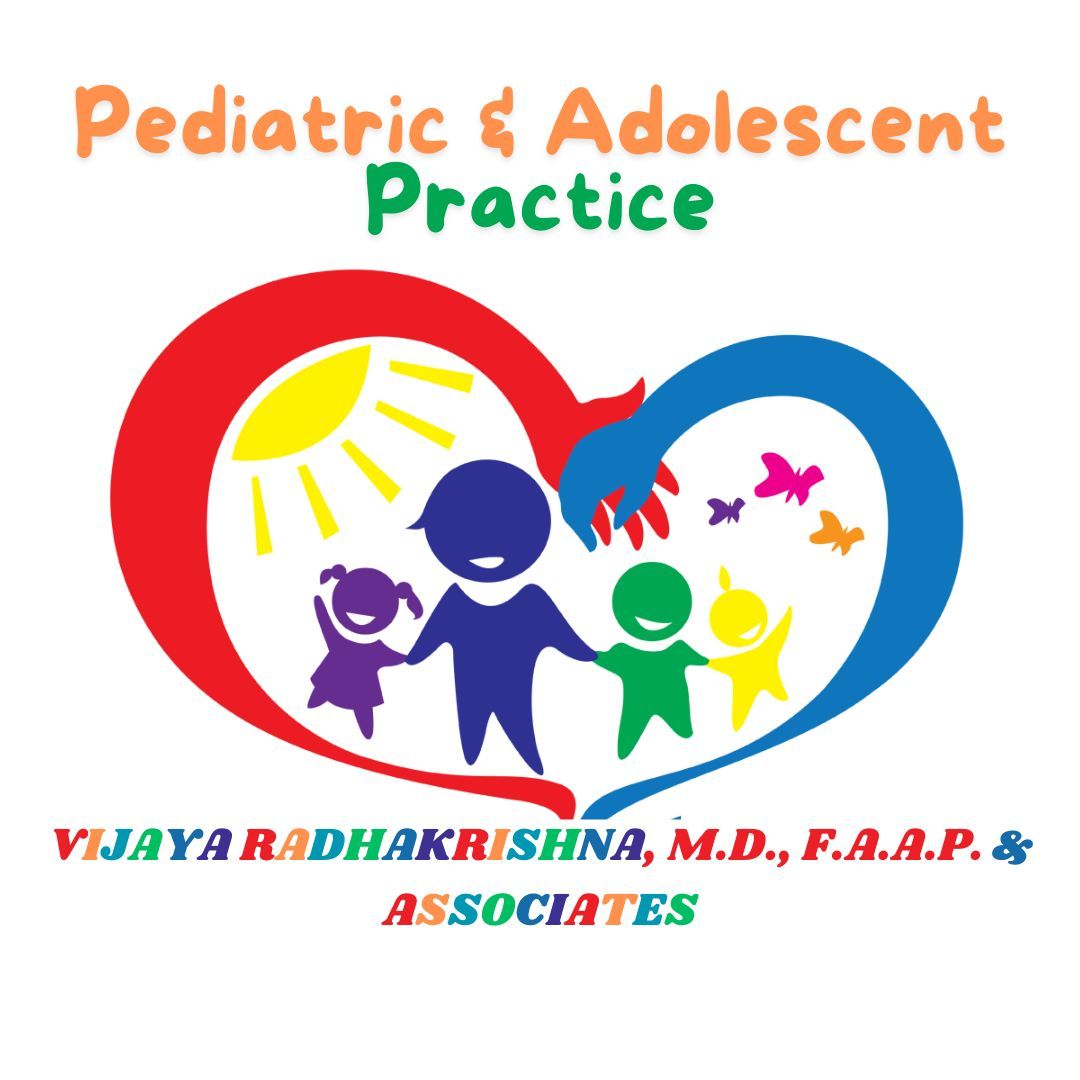RSV Vaccine Information
Respiratory Syncytial Virus (RSV) Vaccine Safety
Key points
- RSV is a common respiratory virus.
- You can protect against severe RSV with immunization.
- CDC monitors the safety of RSV immunizations using several different safety systems.
Overview
Respiratory Syncytial Virus, or RSV, is a common respiratory virus that usually causes mild, cold-like symptoms. Most people recover in a week or two, but RSV can cause severe illness, particularly in infants and older adults. You can protect against severe RSV with immunization. CDC, working with FDA and other federal agencies, monitors RSV immunizations using several safety systems.
For infants and certain young children
FDA approved nirsevimab (Beyfortus) in 2023. Nirsevimab is an injectable monoclonal antibody for the prevention of LRTD caused by RSV.
Nirsevimab is approved for infants born or entering their first RSV season and for some young children who are at increased risk for severe RSV disease and entering their second RSV season.
CDC recommends RSV immunizations during specific months to maximize protection during RSV season.
It is important for your baby to have protection before RSV season. RSV typically peaks between December and January.*
What to know
CDC recommends all babies be protected from severe RSV by one of two immunization options: A maternal RSV vaccine given to the mother during pregnancy or an RSV antibody given to your baby. Most babies do not need both.
The maternal RSV vaccine (Pfizer's Abrysvo) is given during weeks 32 through 36 of pregnancy. Maternal antibodies protect the baby against RSV for approximately 6 months after birth.
An RSV antibody (nirsevimab) can be given to babies and some young children. This antibody provides immediate protection against RSV and lasts at least 5 months.
How to Access CDC Resources:
Getting the latest RSV resources from the CDC is easy and convenient. Simply visit their official website at www.cdc.gov, where you'll find a user-friendly section for RSV designed to help you quickly locate the information you need. You can also sign up for their email updates to receive timely notifications about new developments and resources.
